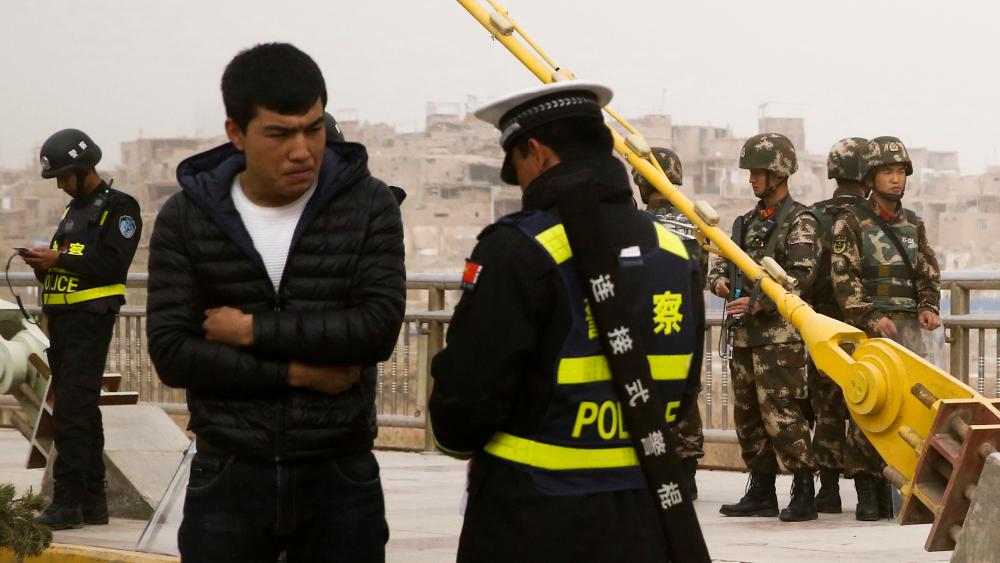Just as competition between liberal democratic, fascist, and communist social systems defined much of the twentieth century, so the struggle between liberal democracy and digital authoritarianism is set to define the twenty-first.
The debate over the effects of artificial intelligence has been dominated by two themes. One is the fear of a singularity, an event in which an AI exceeds human intelligence and escapes human control, with possibly disastrous consequences. The other is the worry that a new industrial revolution will allow machines to disrupt and replace humans in every—or almost every—area of society, from transport to the military to healthcare.
There is also a third way in which AI promises to reshape the world. By allowing governments to monitor, understand, and control their citizens far more closely than ever before, AI will offer authoritarian countries a plausible alternative to liberal democracy, the first since the end of the Cold War. That will spark renewed international competition between social systems.
For decades, most political theorists have believed that liberal democracy offers the only path to sustained economic success. Either governments could repress their people and remain poor or liberate them and reap the economic benefits. Some repressive countries managed to grow their economies for a time, but in the long run authoritarianism always meant stagnation. AI promises to upend that dichotomy. It offers a plausible way for big, economically advanced countries to make their citizens rich while maintaining control over them.
